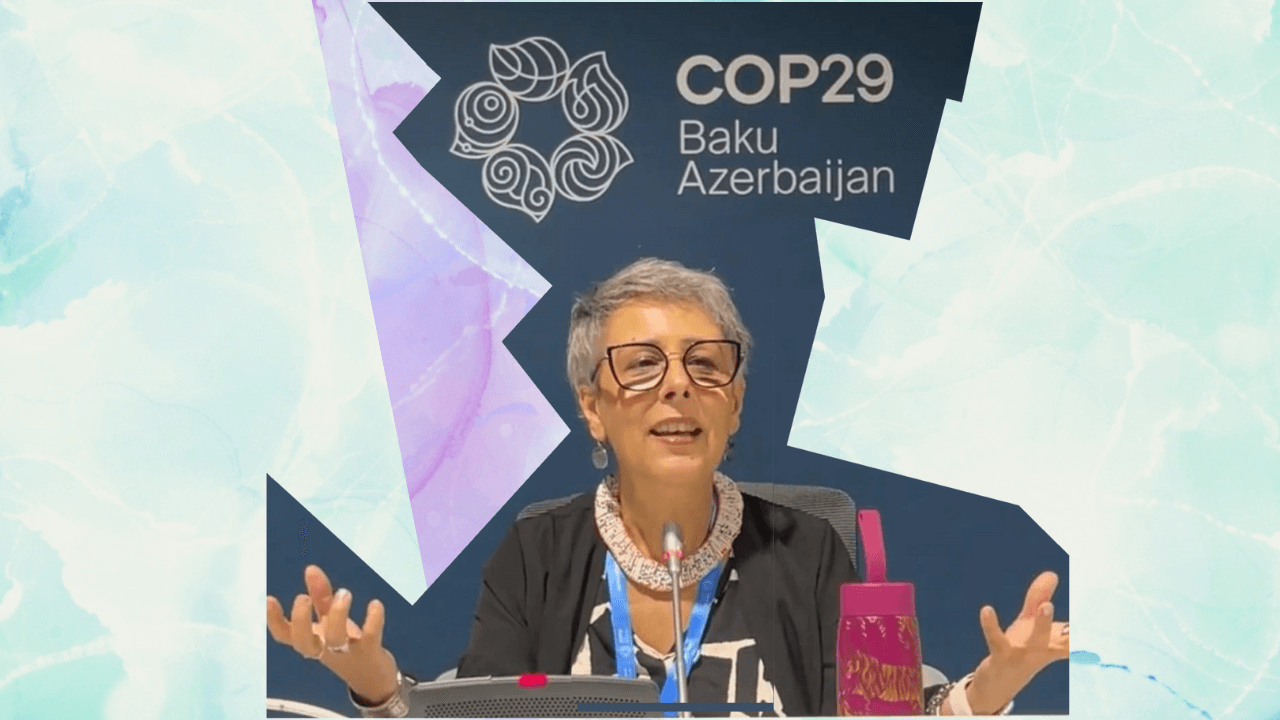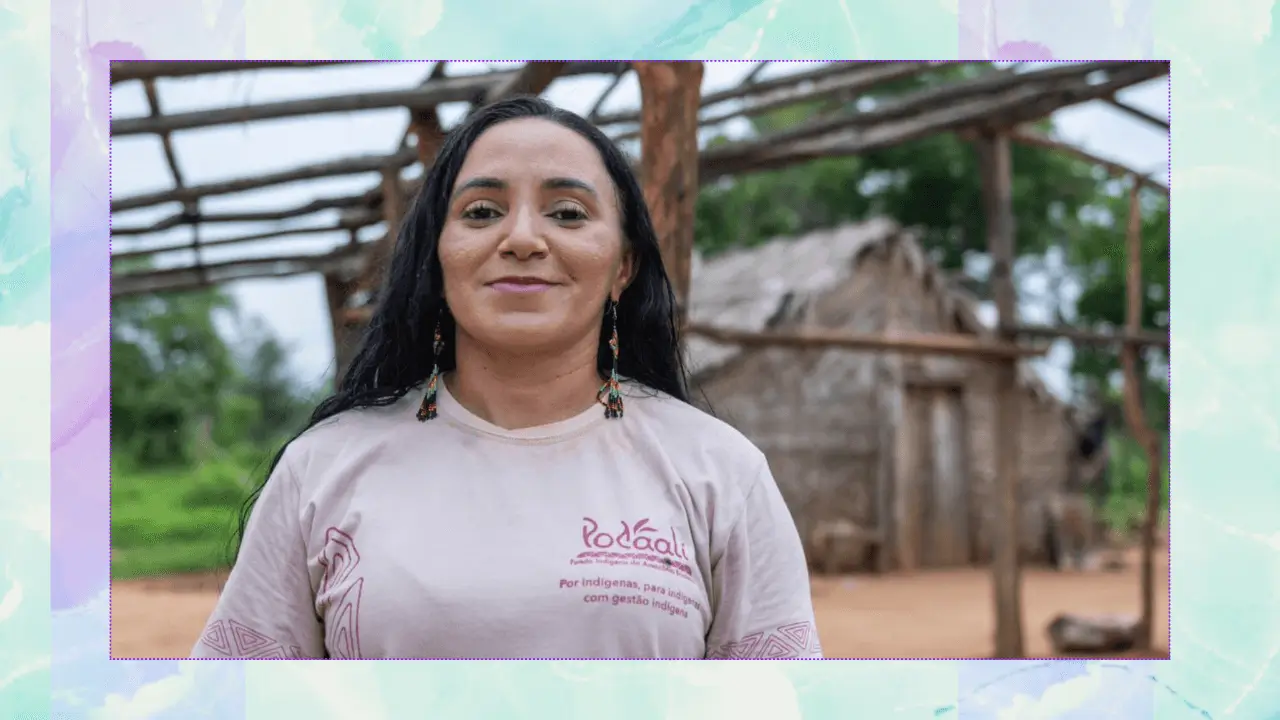I was recently reading a history about the Agikuyu of Kenya, my community. And I was reminded that from the beginning, access to food has been vital to our survival.
Our ancestors migrated, invented, and adapted with the goal of sustenance. Yet, they did more than survive; they developed symbiotic farming systems that respected ecological rhythms. They practiced crop rotation; developed communal water management, and arranged seed-sharing rituals that reinforced fairness and social unity.
Today, we call this agroecology, but our foremothers and forefathers simply called it farming.
In a time of growing climate and food insecurity, agroecology is being restored as a transformative political act. I spoke recently with two organisations in Kenya – Farming and Health Education in Turkana and Seed Savers Network in Nakuru, that root their work in ecological farming and ancestral knowledge.
But as powerful as their efforts are, their sustainability depends on something often invisible – how they are funded. And too often, philanthropic funding arrives in forms that fall short – short-term, restricted and externally-driven.
In a conversation with Ogo Chukwudi of TrustAfrica, I learned how funding can be reimagined to better align with agroecology's values.
Agroecology doesn't just grow crops. It grows dignity, biodiversity, and sovereignty, and it needs funding that reflects that complexity. To truly sustain this work, donors must reimagine their practices to match the long-term, locally rooted nature of the movements themselves.
Agroecology in action
Agroecology is alive in Kenya today.
Just look at Kakuma Refugee Camp, a settlement founded in 1992. Today, community members grow mushrooms from maize husks. They use compost toilets to create biogas. In a setting defined by scarcity, they have produced some of Kenya's sweetest watermelons.
This work is driven by Farming and Health Education, a grassroots organization founded by Congolese agriculturalist Marcelin Munga. Munga and his team teach dryland farming and permaculture, drawing on traditional practices. Their mission: survive through self-reliance.
Or look to the region of Nakuru. There, the Seed Savers Network works across more than 30 communities to develop community seed banks that protect biodiversity. They help revive methods like drying seeds in ash or chilli water and smoke, and promote intergenerational knowledge exchanges. Their work empowers women and reduces gender-based violence by giving them economic autonomy through seeds.
Beneath these remarkable stories is a harder truth: too many agroecology initiatives like this struggle with short-term, restricted, or externally dictated funding.
For instance, according to a 2020 report on agroecology research in Africa found that African research institutions are the main funding recipient in just 9% of Gates Foundation-funded projects, and 10% of Swiss-funded projects. This is despite the fact African-led projects are the most likely to adopt systemic approaches.
How funding moves
This is where participatory grantmaking and trust-based philanthropy become vital.
I spoke about this recently with Ogo Chukwudi, of TrustAfrica. TrustAfrica is a Pan-African foundation, managed the Kisichos Fund, that was created from compensation awarded to the Ogoni people after decades of oil-related exploitation.
Rather than control the funds themselves, TrustAfrica facilitated a community-led governance model. Local advisory councils, made up of women, youth, and traditional leaders, determined funding priorities, reviewed proposals, and held decision-making power. This flipped the traditional funding script: instead of donors deciding what communities need, communities set their agendas.
TrustAfrica also served as a fiscal host for the Agroecology Fund in West and East Africa, coordinating pooled donor resources to support agroecological movements (Agroecology Fund is the sponsor for this series).
Ogo emphasised that participatory models shaped much of TrustAfrica’s approach, from enabling video proposals to simplifying reporting processes. In one model, the Karibu Foundation fully ceded funding decisions to African movement leaders, including Ogo herself, who designed grant criteria, selected recipients, and determined follow-up processes without interference.
The result? Funding that fits the movement, not the other way around.
These examples reveal an essential truth: agroecology and participatory funding are two sides of the same coin. Both believe that people closest to the issue hold the most relevant solutions. Both challenge top-down structures. And both require patience, trust, and humility from those with resources.
TrustAfrica’s broader approach also includes the African Civil Society Support Initiative, which offers unrestricted core funding to strengthen organisational resilience, supporting things like HR systems, office infrastructure, and staffing, not just project outputs.
Recent global research echoes these practices. The "Money Flows" report recommends shifting to long-term, flexible funding models, supporting bottom-up alliances, and giving priority to African-led institutions. TrustAfrica’s work shows how those principles can be put into action, not just in theory, but on the ground.
A new season of giving
From Turkana to Nakuru, and from grassroots seed keepers to organised youth summits, the seeds of food sovereignty are being planted.
But seeds need more than sunlight. They need soil, time, and trust. Agroecology is long-term work. It builds resilience over the years. It does not fit into rigid logframes or 12-month grant cycles. If we are to see an agroecological future take root, we must pair ancestral knowledge with liberated funding
To truly nourish food sovereignty movements in Africa and beyond, funders must align their methods with the values of agroecology. That means ceding power to local leadership to define priorities, govern funds, and lead change. It means providing flexible, core, and long-term funding to strengthen not only projects, but the organizations behind them. It also means simplifying access: accepting video applications, streamlining reporting, and funding in local languages.
Equally important is investing in resilience – from staffing and infrastructure to wellbeing – and embracing agroecology as generational work that requires patience and consistency. Funders should support inclusive, intergenerational dialogue and amplify movement narratives through youth-led communications. And they must engage governments as allies, ensuring policies and logistics reinforce this work. For instance, In Machakos, Kenya and Kampala, Uganda, public officials helped ground youth agroecology work in policy processes.
As TrustAfrica and the research behind "Money Flows" show, and as youth leaders across Africa are beginning to demand, another way is not only possible, it's already underway. The land remembers. Now, funders must remember too.

.webp)

%20(1280%20x%20720%20px)%20(44)%20(1).png)
%20(1280%20x%20720%20px)%20(34).webp)
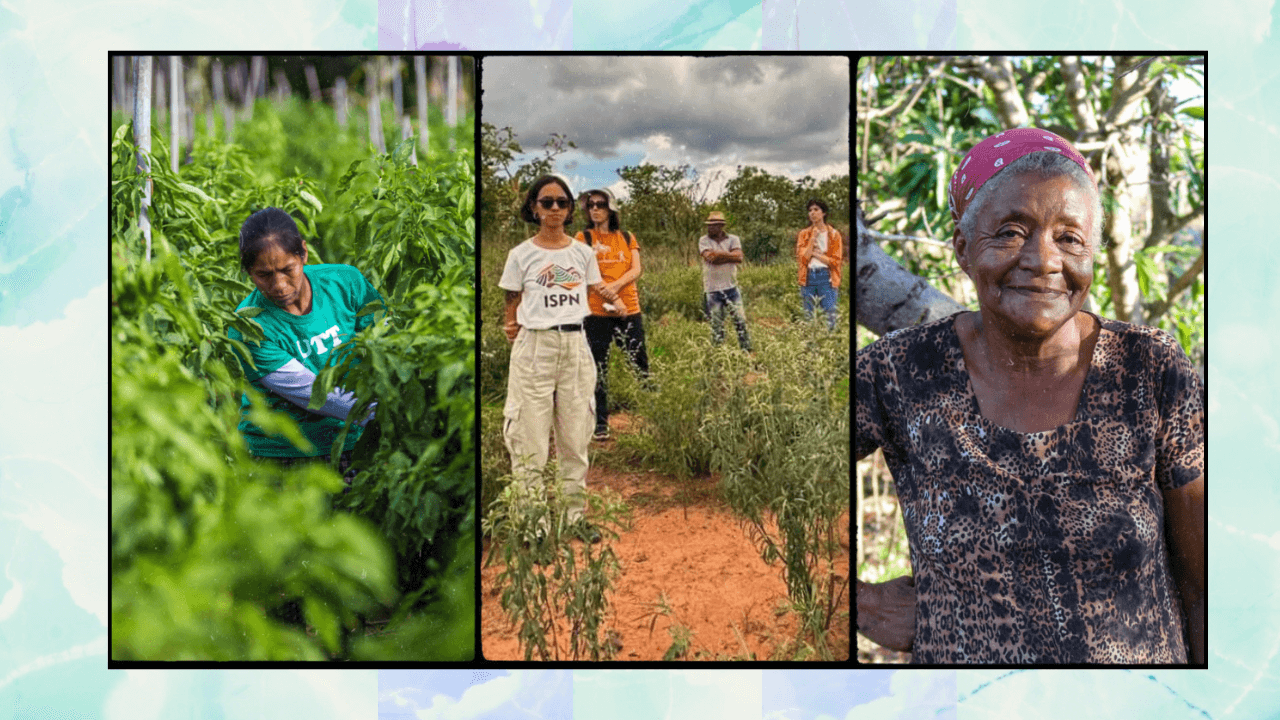
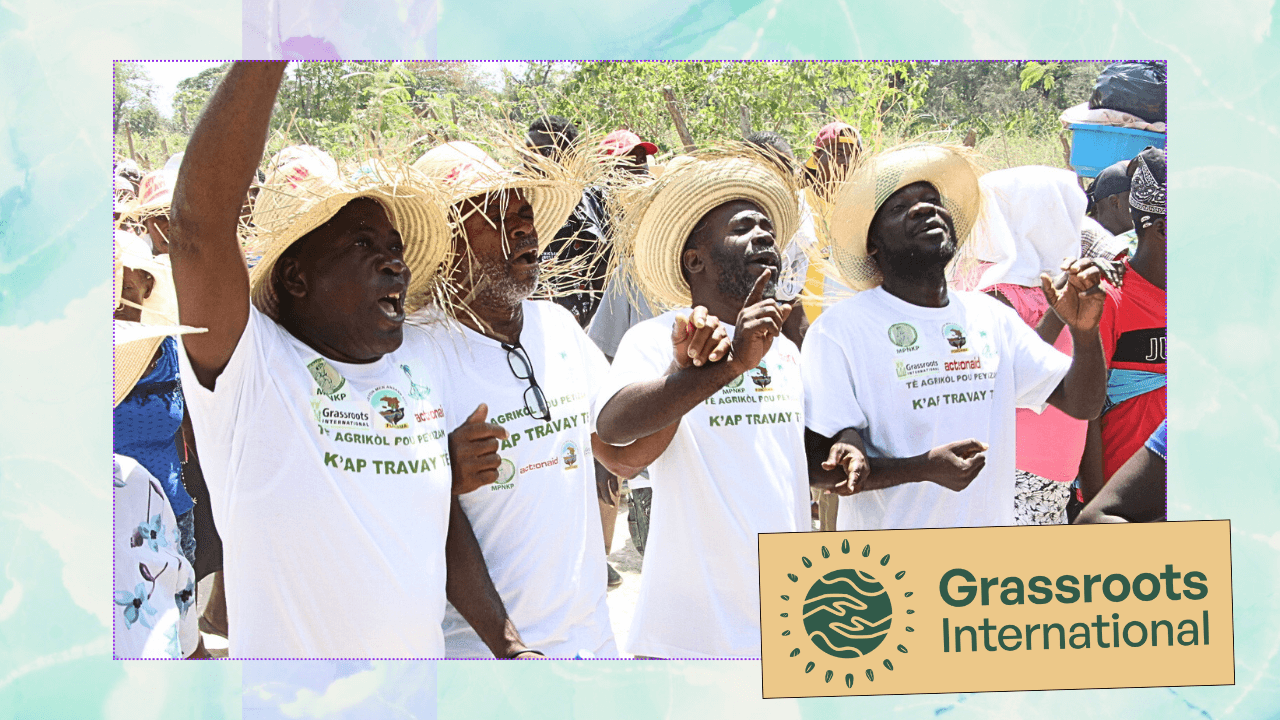
%20(1280%20x%20720%20px)%20(37).png)
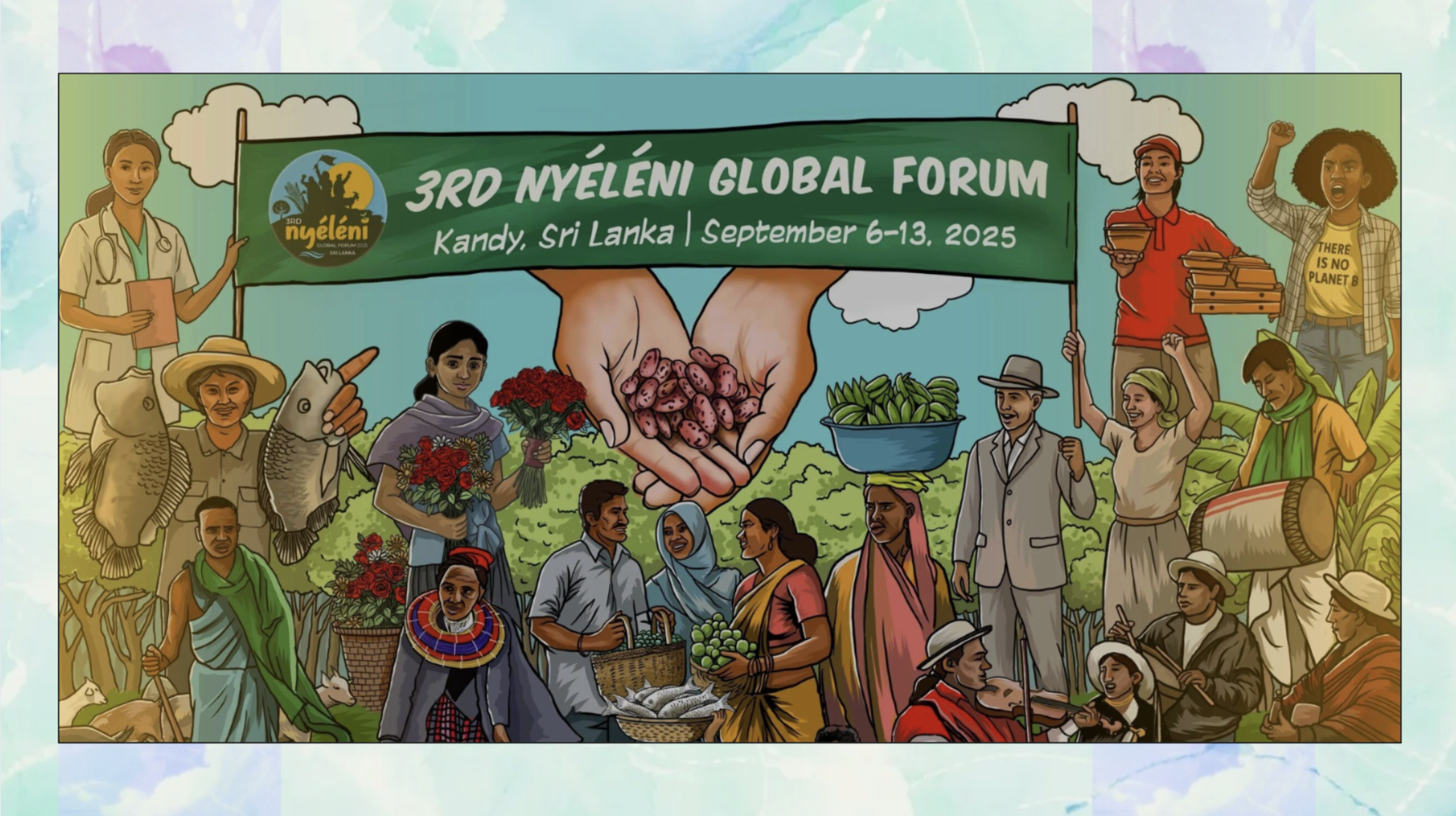

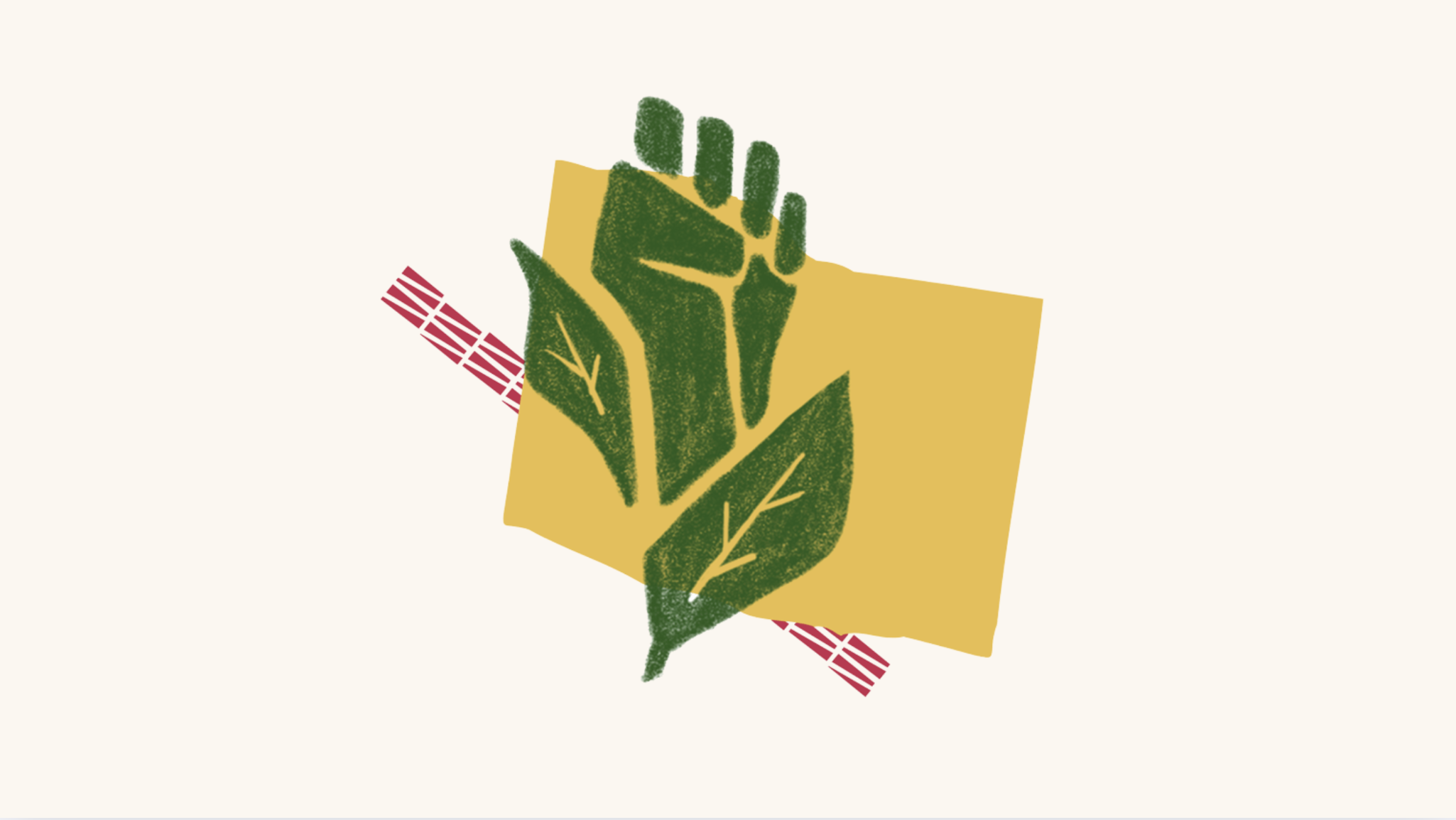

.webp)
